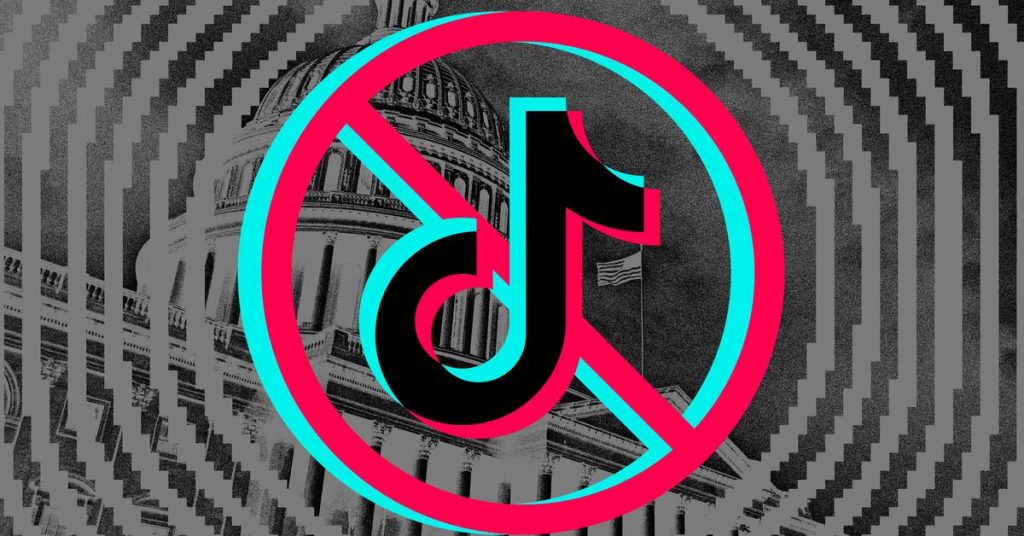House Passes Revised TikTok Ban Bill as Part of Foreign Aid Package
The House of Representatives has once again passed legislation that could house-passes-bill-to-potentially-ban-tiktok-what-you-need-to-know/” title=”US House Passes Bill to Potentially Ban TikTok: What You Need to Know”>potentially ban the popular social media app TikTok in the United States, unless its Chinese parent company, ByteDance, agrees to divest its ownership. However, this time, the bill has been included as part of a larger foreign aid package, making it more challenging for the Senate to delay its progress.
Key Changes in the Updated Bill
The revised TikTok bill, which passed with a vote of 360-58, extends the timeline for ByteDance to divest TikTok before the effective ban would be enforced. Under the new provisions, ByteDance would have up to a year to complete the sale, instead of the previously proposed six months. The updated language allows for an initial divestment period of nine months, with the president having the discretion to extend it by an additional three months, provided there is progress toward a deal.
Reactions from House Representatives
Rep. Gregory Meeks (D-NY), the top Democrat on the House Foreign Affairs Committee, expressed his support for the updated TikTok legislation within the foreign aid package, despite having voted against the standalone version earlier. Meeks emphasized that the revised bill took a step in the right direction by providing a more realistic timeframe for the complex divestiture process.
Rep. Joaquin Castro (D-TX), while not directly addressing the TikTok bill, alluded to the app’s role in showcasing the destruction in Gaza under Israeli Prime Minister Benjamin Netanyahu’s command. Castro highlighted the importance of technology in raising awareness about global issues and the responsibility to take action based on what is witnessed.
Rep. Raja Krishnamoorthi (D-IL), a key proponent of the original TikTok legislation, stressed that the bill is not a ban but rather a divestment, focusing on ByteDance’s alleged ties to the Chinese Communist Party. TikTok has denied such connections.
Next Steps and Potential Challenges
With the Senate out of session for the Passover break, there may be delays in the chamber’s action on the foreign aid package containing the TikTok bill. Leadership could potentially bring senators back early to vote, but scheduling conflicts, such as congressional delegation trips, may complicate the process.
If the TikTok bill remains in the final version of the Senate package and successfully passes, it will then be sent to President Joe Biden’s desk for his signature. The president has already committed to signing the TikTok legislation if it reaches his desk.
The passage of this revised TikTok ban bill as part of a larger foreign aid package marks a significant step in the ongoing debate surrounding the app’s future in the United States. As the legislation progresses, it will be crucial to monitor the Senate’s response and any potential challenges that may arise during the process.

2 Comments
Oh, looks like TikTok might need to start packing its virtual bags then!
Is TikTok’s dance with danger finally leading it to the exit?